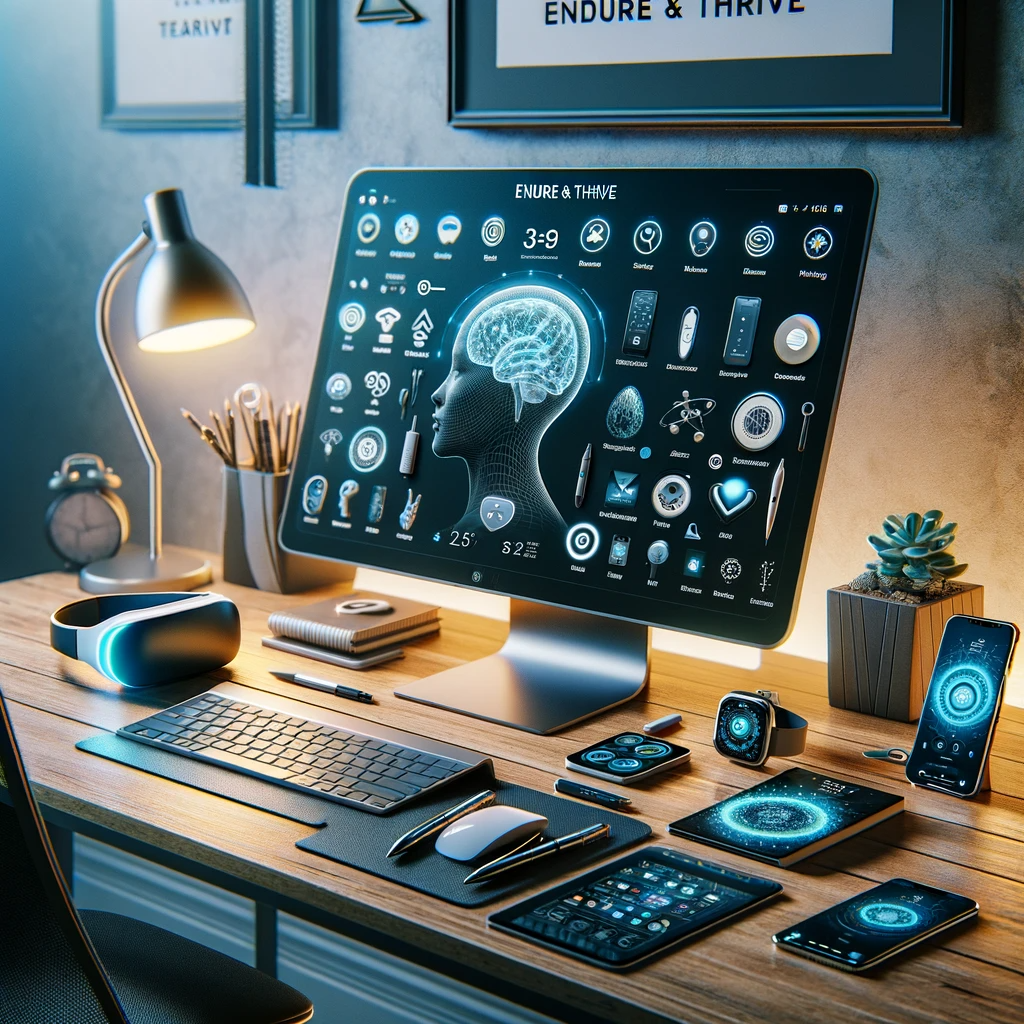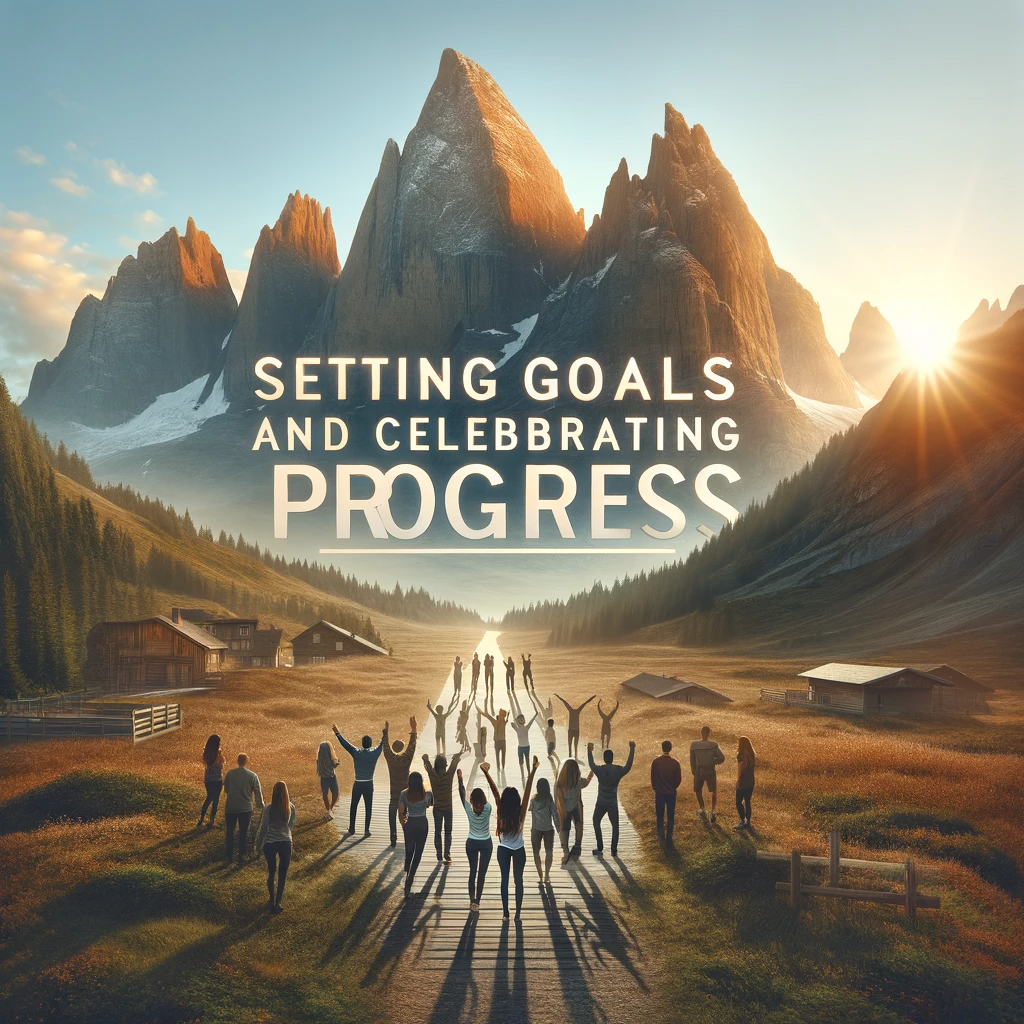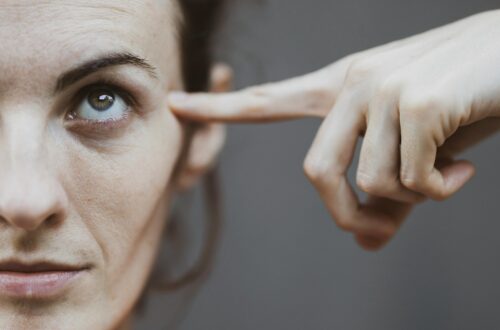“Neuro apps” typically refer to applications designed to interact with, enhance, or study the brain and its functions. These apps can vary widely in purpose and functionality. Here are a few categories and examples:
- Cognitive Training and Brain Games: These apps are designed to improve cognitive functions like memory, attention, and problem-solving skills. Popular examples include Peak and Elevate.
- Meditation and Mindfulness Apps: These aim to promote relaxation, stress reduction, and mental well-being. They often include guided meditations, breathing exercises, and mindfulness techniques. Examples include Headspace, Calm, and Insight Timer.
- Neurofeedback and Biofeedback Apps: These apps use sensors to provide real-time feedback on brainwave activity, helping users learn to control or alter their mental state. They’re often used for relaxation, managing stress, or improving focus. Muse and NeuroSky are examples of platforms that use this technology.
- Educational Apps for Neurology: Targeted at students and professionals in the field of neuroscience, these apps offer learning tools and resources. They can include interactive brain maps, medical case studies, and the latest research in the field.
- Health Tracking Apps for Neurological Conditions: Apps like MS Companion and MyTherapy help people manage neurological conditions such as Multiple Sclerosis, Epilepsy, Parkinson’s Disease, and Alzheimer’s Disease by tracking symptoms, medication, and appointments.
- Virtual Reality (VR) and Augmented Reality (AR) Apps for Neurotherapy: These are emerging tools in neurorehabilitation. They use VR/AR technology to assist in the recovery of motor and cognitive functions following neurological injuries or illnesses.
- Research and Diagnostic Tools: Apps like BrainTest and CogniFit Brain Fitness are used for cognitive assessments and can be helpful in early detection of cognitive impairments.
Each of these categories represents a different approach to how technology interacts with and benefits the human brain, whether for health, wellness, education, or entertainment. The effectiveness and scientific backing of these apps can vary, so it’s always recommended to approach them with a critical eye, especially those claiming to offer medical benefits.
More Articles:
-
A comprehensive list of 100 specific tools and equipment for stroke patients
A broad overview of categories and types of equipment and tools often recommended for stroke patients to aid in their rehabilitation, daily living, and safety. This list will cover various needs, from mobility aids to adaptive devices for personal care, ensuring a wide range of functionalities are addressed. Mobility Aids Transfer Equipment Bathroom Safety Dressing…
-
Silent Signals: Unveiling the Subtle Stroke Signs in Young Women
In today’s fast-paced world, young women are often juggling multiple roles and responsibilities, sometimes at the expense of their health. Among the myriad health challenges, stroke stands out as a particularly deceptive threat, with crucial, yet frequently overlooked signs. It’s essential to spotlight the importance of recognizing these subtle symptoms, focusing on prevention and empowerment…
-
Adaptive Utensils for Independent Eating -Empower Dine
Adaptive utensils are a prime example of how innovation meets necessity, offering a lifeline to individuals who experience limited dexterity. These specialized eating and dining tools are more than just kitchen gadgets; they are groundbreaking solutions tailored to unique challenges.
-
Setting Goals and Celebrating Progress in Stroke Recovery: A Positive Approach
Recovering from a stroke is a journey marked by patience, perseverance, and a positive mindset. One of the most effective ways to navigate this journey is by setting achievable goals and celebrating progress, no matter how small. This approach not only fosters a sense of accomplishment but also significantly boosts morale and motivation. In this…
-
Stroke Survivor Stories: Discover Resilience and Recovery from Around the Web
There are inspiring stories of different stroke survivors from across the internet is a significant task, highlighting a wide range of experiences and recovery journeys. Here is a compilation of various resources where you can find these powerful and motivational stories: These resources collectively offer a rich tapestry of stroke survivor stories, each contributing to…
-
Unlocking Cognitive Potential: The Power of Neuro Apps
In a world that constantly demands more from our cognitive abilities, memory and brain-training apps have emerged as valuable tools. These neuro apps aim to improve memory, focus, and mental agility through structured exercises that push the brain beyond its comfort zone. The positive effects of using these apps go far beyond simple recall; they…
-
Adaptive equipment for stroke patients
Adaptive equipment for stroke patients is designed to help individuals regain independence and perform daily tasks that may have become challenging due to physical limitations resulting from a stroke. These tools can aid in various activities, including self-care, cooking, mobility, and communication. Below is a list of essential adaptive equipment specifically tailored for stroke patients:…
-
Transform Your Cooking Experience: Adaptive Kitchen Equipment for Stroke Patients
Cooking is a cherished activity for many, providing not just nourishment but also a sense of independence and creativity. However, for stroke patients, traditional kitchen tasks can become overwhelming and challenging. Thankfully, adaptive kitchen equipment designed specifically for individuals recovering from a stroke can make a significant difference, allowing them to regain their confidence and…
-
Stroke Recovery: The Critical Role of Nutrition, Vitamins, and MCT Oils
Recovering from a stroke is a challenging journey, but a well-rounded approach incorporating proper nutrition, vitamins, and innovative therapies like MCT oils can significantly improve outcomes. Whether you’re wondering what percentage of stroke patients make a full recovery, looking for the best multivitamin for stroke patients, or trying to optimize a stroke recovery diet, adding…
-
Stroke Recovery: How Nutrition, Vitamins, and Oils Aid in the Journey to Full Recovery
Stroke recovery is a multifaceted process that varies widely depending on the severity of the stroke and the rehabilitation efforts taken. Nutrition, alongside vitamins and oils, plays a critical role in helping the brain heal, restoring bodily functions, and preventing future strokes. Whether you are recovering from a stroke yourself or helping a loved one…













